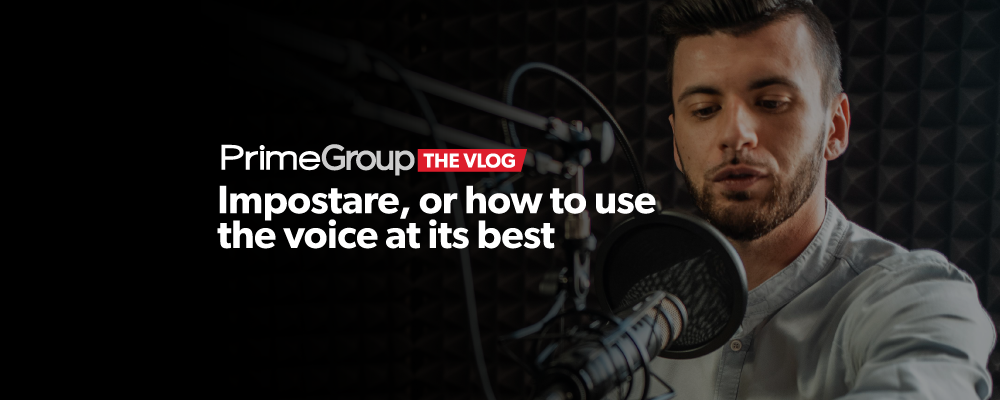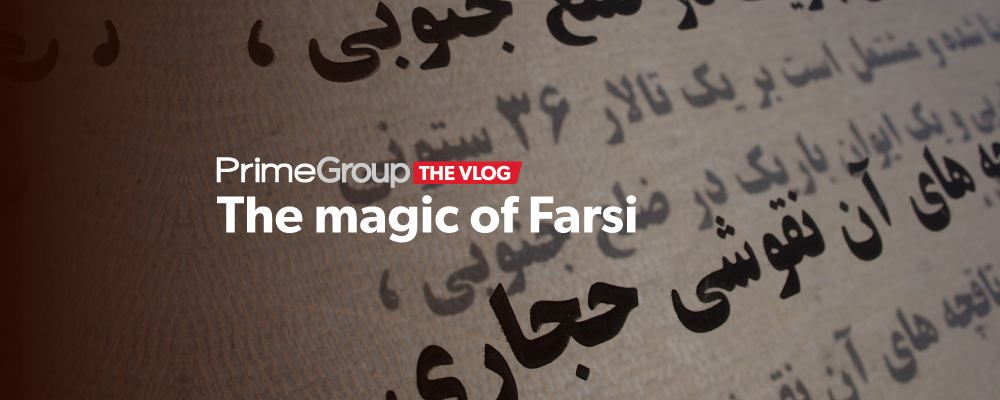Today, I want to explain how recording minority languages can help spread your messages to a broader audience. Above all, by sharing knowledge in multiple non-standard, non-universal languages, you can help educate others and create a more tolerant world.
Language is the most powerful communication tool we have. Through it, we can teach, inform, and reach millions of people with a single message. But with around 6,000 different languages being spoken today, how do we ensure we make the right choices.
Which languages and which minorities?
Well, it all depends on the target audience. Imagine you want to reach a broad audience in India. English is certainly not enough. It’s only spoken by less than 10% of the population. So it is best to record your video or presentation in Hindi and in half of the 12 most spoken languages of the subcontinent. So Bengali, Telugu, Marathi, Tamil, Urdu and Kannada, for example.
And we should know – Prime Group is an international studio that has recorded many times in different languages from India and Asia, but also from many territories in Africa and various parts of Europe, where other regional languages are spoken, such as Welsh, Catalan, or Romanche.
Anyway, recording in minority languages can benefit your business or organization as you can connect with your target audience and show you are committed to diversity and inclusion. This sends a strong message that everyone is welcome at your business, regardless of their background or language skills. This is an increasingly important consideration for many consumers and businesses in today’s globalized world.
It shows that your business is willing to communicate in the language of your customers or clients. This can build trust and loyalty, making it easier for potential customers or clients to understand what your business offers. Suppose customers or clients see that a company or organization is willing to make an effort to communicate in their language. In that case, this can lead to more sales or inquiries and positive word-of-mouth recommendations.
When recording in minority languages, there are a few things to keep in mind. You want to ensure that the candidates are not only native speakers of that minority language but also educated so that their readings are precise and non-accented. You also need the consent of the person whose voice you’re recording.
At Prime Group, we ensure that the process of recording a voice-over runs smoothly, checking that the voice artists convey the content as it’s expected by the local audience.
We have the resources to transcreate a script and make it sound closer to the particular presentation style of that community.
So, next time you want to ensure your message reaches a broader audience, consider recording in minority languages. And remember, you can trust your voice-overs in most languages to Prime Group.



